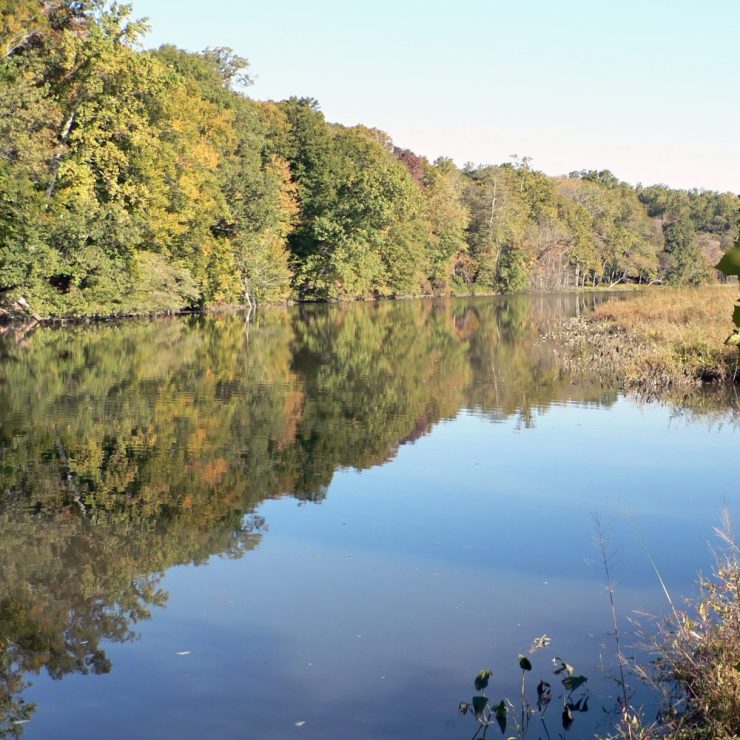By: Andrew Der, CEP
The Clean Water Act (CWA) mandates every three years that States must review their water quality standards and make any necessary revisions to reflect evolving and dynamic data. With Maryland’s review being scheduled for 2025, The Maryland Department of Environment (MDE) has provided an Advanced Notice of Public Rulemaking (ANPR) for the 2025 Triennial Review of Water Quality Standards. This notice creates an opportunity for the public to review and provide their input on the new proposed designations before they are made official.
The proposed designation revisions in the ANPR indicate that several waters are under consideration for higher Designated Use Classes – Use III or IV, known as cold water/trout streams – as well as a few streams being newly considered for Tier II designation criteria, which is higher than most of Maryland’s Tier I waters. The proposed additional Designated Use Classes will now also require customary time-of-year restrictions for waters classified as Use III and IV, and new Tier II water designations will include amplified avoidance and Best Management Practices (BMP) strategies for new construction independent of any potential water or wetland permits.
Tier II designations, in particular, trigger newer criteria via the National Pollutant Discharge Elimination System (NPDES) General Construction Permit (GP). These criteria are implemented concurrently with Erosion and Sediment Control (ESC) Plan approval processes now in place, introducing additional construction monitoring requirements that can be more stringent than those for non-Tier II waters.
The GP Tier II construction monitoring criteria is significant enough to result in real-time evolving criteria to be finalized by MDE, indicating a need for clearer guidance to the regulated public on how to implement monitoring requirements practically and equitably on the ground level – where MDE encourages site-specific, project-specific collaboration for compliance.
Depending on the comments received, the MDE plans to formally propose the revised regulations by spring of 2025 and submit a final notice on these regulations by summer of 2025.
Read the full ANPR here!
